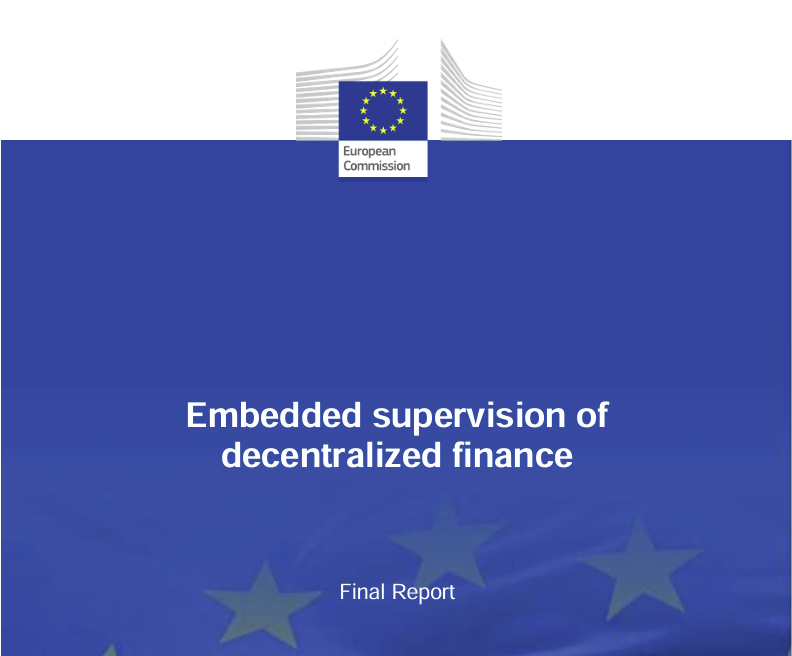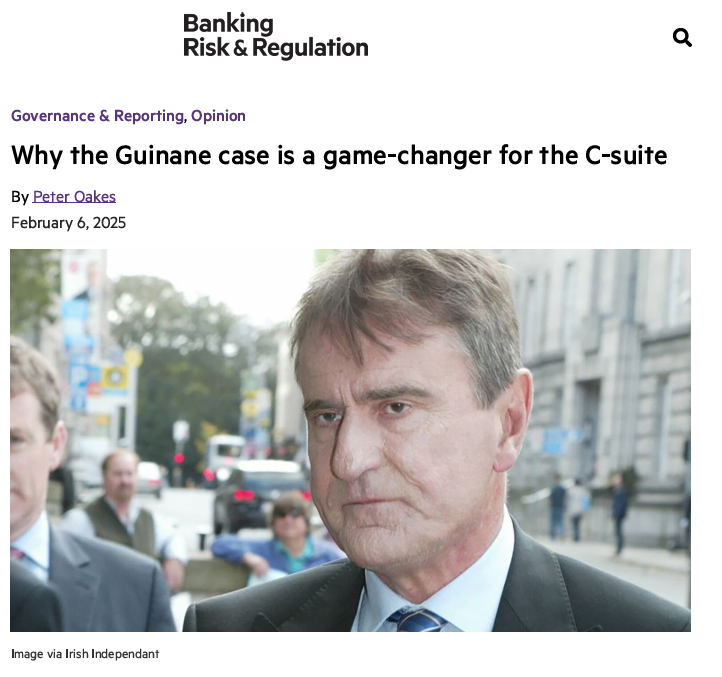The report by IBM Promontory for the European Commission examines embedding supervision in decentralized finance (DeFi). It followed four phases: selecting use cases and protocols, defining benchmarks against traditional finance (TradFi), developing a data collection tool, and analyzing the data for supervisory potential. The study found that ledger technologies enable real-time access to transaction data, supporting regulatory objectives. However, DeFi data remains limited compared to TradFi due to its lower maturity. Challenges include the lack of standards, required expertise, and wallet pseudonymization. A risk-based approach focusing on major protocols and liquidity pools, along with reference data collection, is essential to address these issues.
Summary:
The engagement was to evaluate the feasibility of embedded supervision in decentralized finance (DeFi), identifying both challenges and opportunities. The study followed four phases: selecting relevant protocols and use cases, defining supervisory benchmarks, developing software for data collection, and analyzing the data to assess embedded supervision’s potential.
Eight protocols across four key DeFi use cases—decentralized exchanges (DEXs), lending, insurance, and aggregators—were assessed against traditional finance (TradFi) benchmarks. A software application was developed to extract and analyze Ethereum ledger data, overcoming challenges such as ledger synchronization and smart contract complexity. The system included a monitoring service for transaction tracking and a Data Collection & Processing (DCP) service for data storage and enhancement.
The findings highlight that public distributed ledgers offer real-time transaction data, supporting market surveillance and liquidity pool monitoring. However, key challenges remain, including a lack of standardization, the need for expertise in both DeFi and TradFi, reliance on off-chain data for regulatory completeness, and the pseudonymization of wallets.
To address these issues, IBM Promontory recommends a risk-based approach prioritizing major protocols and liquidity pools, fostering cooperation between DeFi and TradFi experts, promoting standardized reference data on ledgers, and developing a Proof of Concept with regulatory participation to refine supervision methodologies.
Read Final Report HERE

